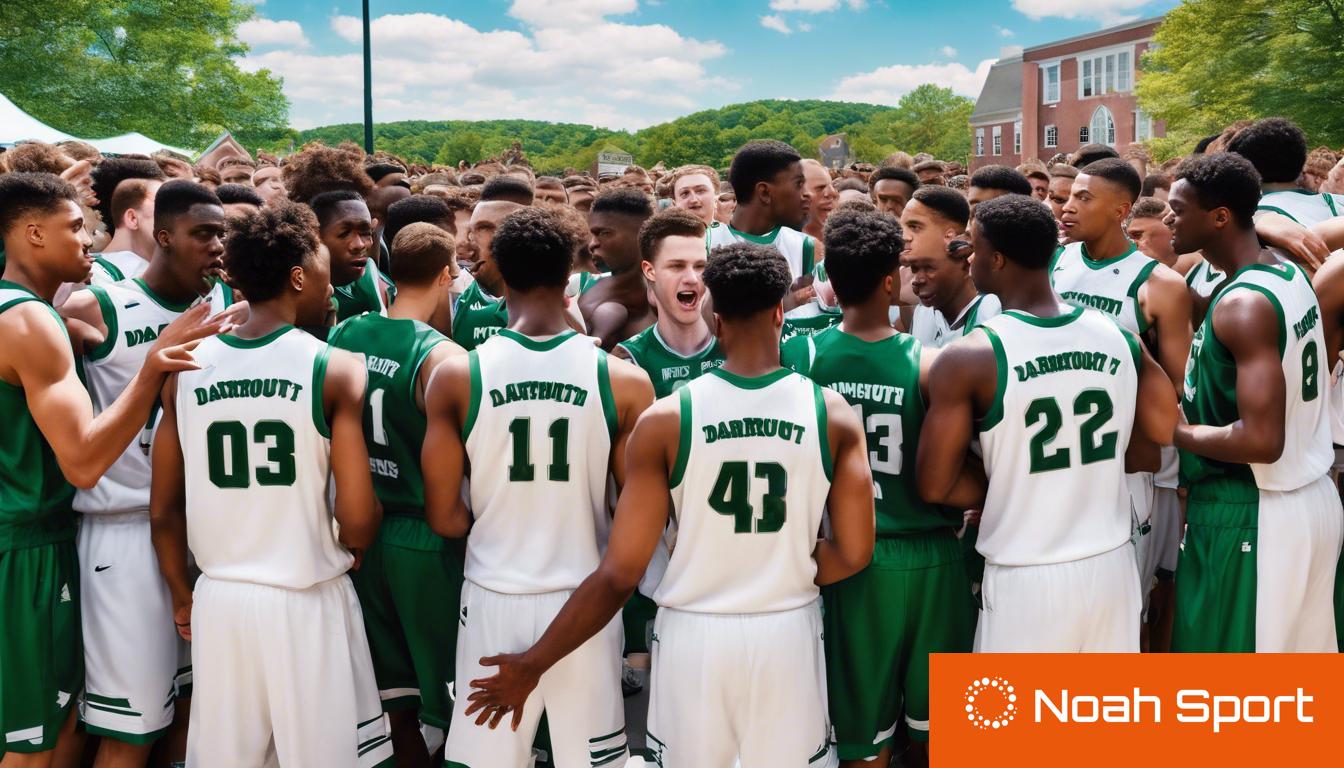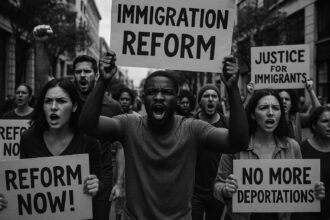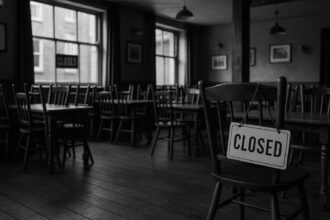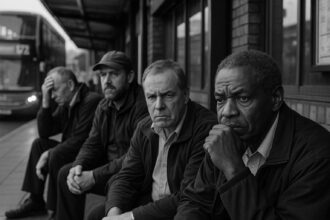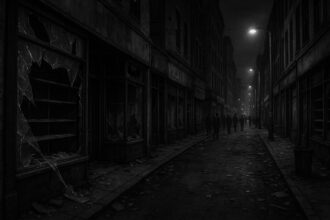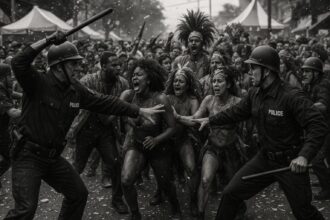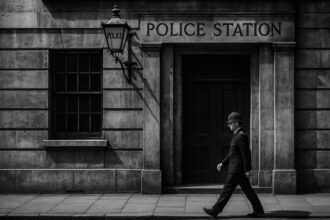The Dartmouth College men’s basketball team has made a historic decision to form a union, challenging the NCAA’s long-standing amateurism model and pushing for better healthcare and compensation.
The Dartmouth College men’s basketball team has made a pivotal decision to form a union, voting 13-2 in favor, with the aim of joining the Service Employees International Union. This groundbreaking move on their Hanover campus could potentially transform the landscape of US college sports, challenging the long-standing amateurism model upheld by institutions and the NCAA. The players’ move towards unionization, led by juniors Cade Haskins and Romeo Myrthil, is primarily driven by concerns over inadequate healthcare coverage for injuries sustained during play, highlighting broader issues of athlete welfare and compensation within collegiate sports.
The decision has encountered resistance from Dartmouth College, which emphasizes the academic and educational aspects of student-athlete experiences. The college’s objections, however, have not halted the momentum toward unionization, underscored by a significant vote within the basketball team and the National Labor Relations Board’s (NLRB) refusal to revisit Dartmouth’s plea against the move.
The unionization bid is a response to the perceived exploitation within college sports, where institutions often reap considerable financial benefits from athletic events and merchandise without offering athletes monetary compensation. Beyond healthcare, the Dartmouth basketball team’s motivations echo widespread concerns among college athletes over compensation, academic rights, racial dynamics, and health and safety, pointing toward a bid for greater control and a fair share of generated revenue.
The outcome of this initiative could set a precedent for college athletes across the United States, challenging traditional classifications of student-athletes as amateurs rather than employees and igniting a potential shift in the power dynamics of collegiate sports. As legal battles loom and the NLRB’s forthcoming decisions eagerly anticipated, the Dartmouth men’s basketball team’s vote signifies a critical moment in the push for fair treatment and improved working conditions for college athletes, with implications that may well extend beyond the boundaries of Dartmouth College.


